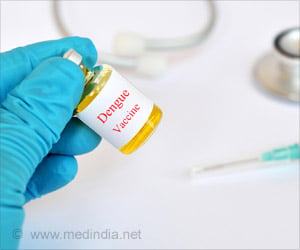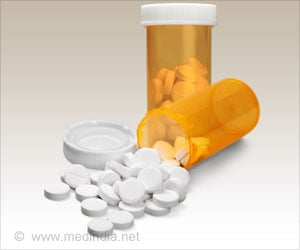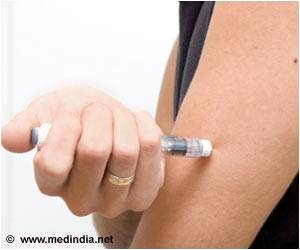Abbott Laboratories new drug-coated heart stent, Xience V, seems to outperform market leader Taxus 2 and so could win federal approval in US.
There was no difference between Xience and Taxus in terms of deaths or heart attack rates. But the newer stent’s advantage over Taxus in protecting against new clogging led to fewer repeat procedures to keep patients’ arteries open. The studies were conducted over two years.Analysts predict that if the F.D.A. allows it on the market, Xience will quickly become a best seller.
The analysts estimate that Xience could gain as much as 45 percent of a $1.8 billion American annual market for drug-coated stents over the next few years. That would include Xience sales under a different name, the Promus stent, which would be marketed in an arrangement with Boston Scientific.
Stents are small metal-mesh cylinders inserted into coronary arteries after blockages have been cleared to keep them propped open. Since 2003, the market has been dominated by drug-coated devices because they do a better job of preventing new clogging than the bare-metal stents that preceded them.
But sales and use have fallen in the last 18 months on safety concerns and a belief among some cardiologists that many patients getting stents to relieve chest pain can fare just as well by relying on drugs and lifestyle changes like quitting smoking.
Based in part on experience in Europe, where all four stents and several others are on the market and prices have fallen below $1,000 for drug-coated devices, some health care providers hope that the new devices will lead both to improved outcomes for patients and a price war. The average price for the devices in the United States now is more than $2,000.
Advertisement
Source-Medindia
GPL/P





